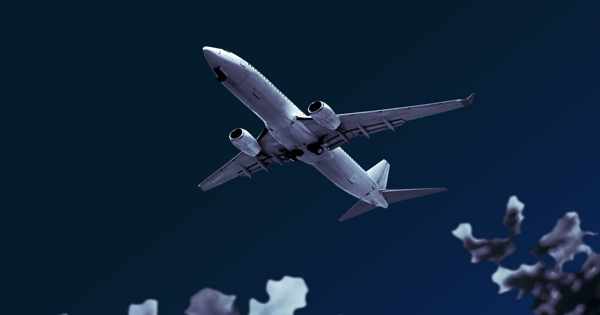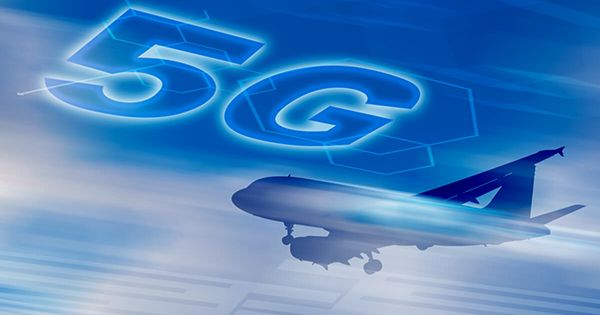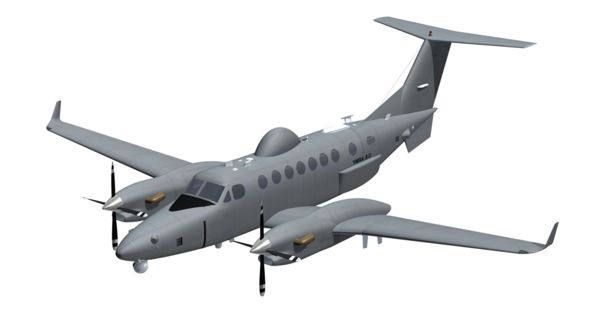Due to fears that the technology could interfere with flight safety equipment, two of the country’s top telecoms companies have reluctantly agreed to postpone the rollout of their new 5G networks at several US airports. Both AT&T and Verizon had planned to launch their 5G services across the country today, January 19, but changed their minds at the last minute after aviation industry officials warned that the technology could interfere with radio altimeters, which help planes land safely when visibility is short. 5G is a C-band service that occupies particular portions of the electromagnetic spectrum designated by each country’s regulatory officials, providing faster speeds and greater coverage than its predecessors do.
The Federal Communications Commission (FCC) in the United States has given permission for 5G to operate between 3.7 and 3.98 gigahertz. The issue is that most radio altimeters installed on aircraft – which are used to detect an aircraft’s height above ground – use frequencies between 4.2 and 4.4 gigahertz. Leading airlines and plane manufacturers claim that this frequency band is dangerously close to the 5G frequency range and that transponders at airports could prevent this critical safety equipment from working properly.

The CEOs of several major airlines and shipping companies wrote a letter to US government officials, including Transportation Secretary Pete Buttigieg, White House National Economic Council Director Brian Deese, and the heads of the FCC and FAA, warning of “catastrophic disruption” to flights if 5G towers allowed operating near airports. They asked that no transponders turned on within 3.2 kilometers (2 miles) of an airport runway until a solution to the problem could be discovered. In response, AT&T and Verizon said that their 5G services would launch nationally, but that the activation of some antennas near airports would be temporarily halted.
The two telecoms’ behemoths expressed their displeasure with the authorities’ failure to plan for the launch of 5G, which has already been postponed twice in the last two months. “We are frustrated by the FAA’s [FAA’s] failure to achieve what over 40 countries have done, which is to safely install 5G technology without affecting aviation services, and we urge it to do so as soon as possible,” AT&T said in a statement.
The 5G services in Europe, for example, use frequencies that are less likely to interfere with aircraft altimeters, and several nations have taken steps to limit the strength of phone masts near airports. The FAA has had plenty of time to come up with its own solution, according to US telecoms providers, and the current crisis could have been avoided easily. In the face of these safety concerns, the FAA has permitted about 45 percent of commercial flights to continue to fly near 5G antennas. Despite this, some large international airlines have canceled trips to the United States owing to the rollout of 5G near airports, including Emirates, Air India, and Japan’s All Nippon Airways.
















